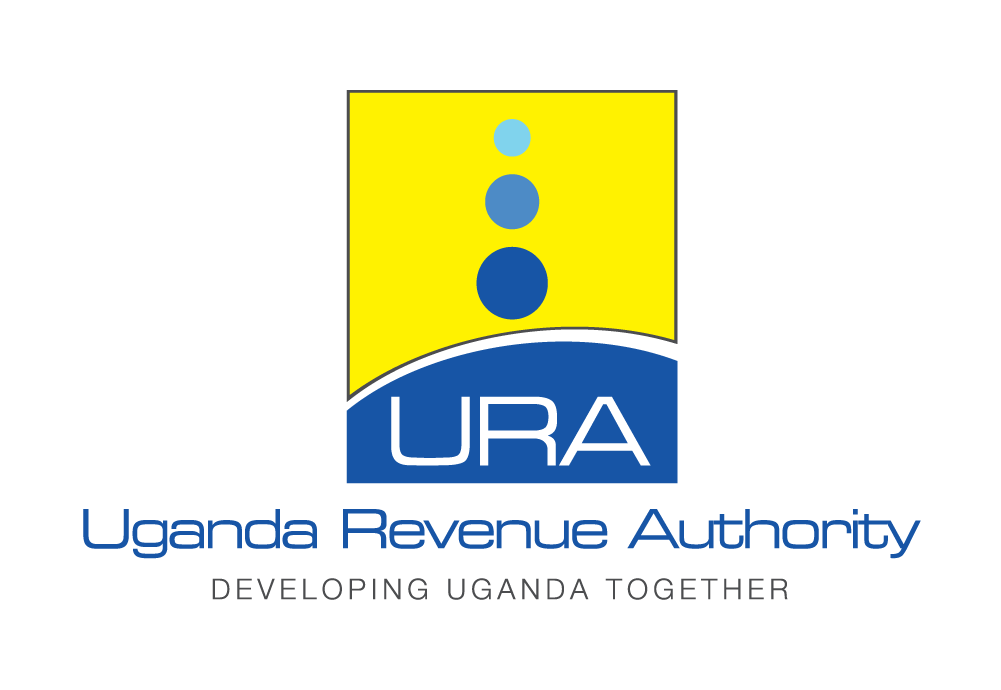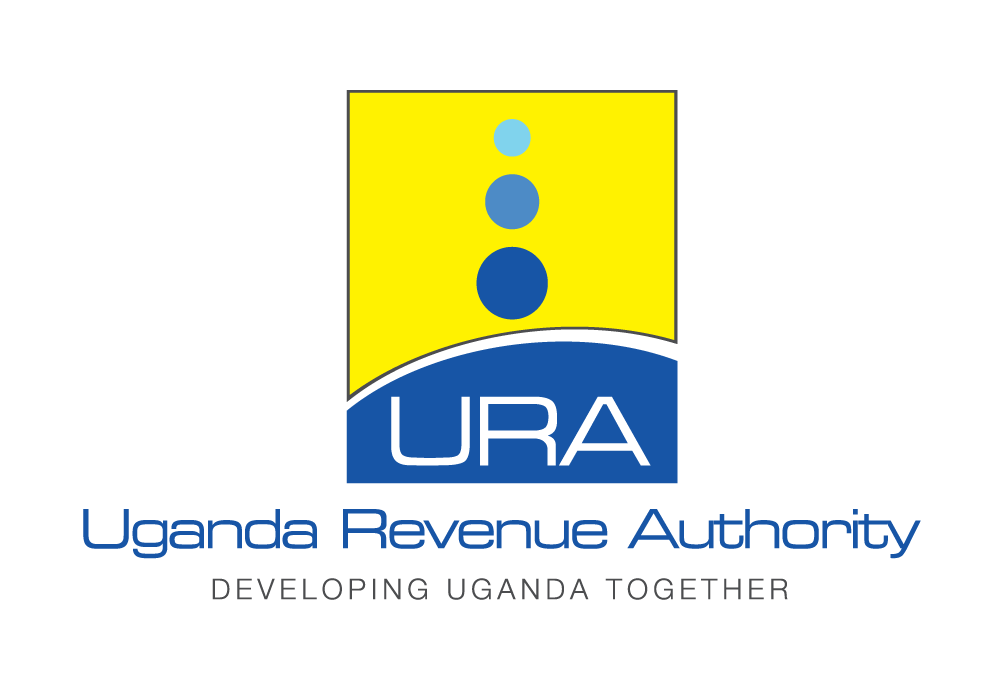- Home
- FAQS FOR THE EXPORT PROCESS
Frequently Asked Questions regarding Exports in Uganda
ANSWER:
Uganda’s main export products include coffee, Cement, tea, fish and fish products, oilseeds, flowers, fruits, vegetables, and processed food items.
ANSWER:
To start exporting from Uganda, you need to register your business with the Uganda Registration Services Bureau and obtain an Exporter’s License from the Uganda Revenue Authority.
ANSWER:
Yes, Uganda offers various export incentives and support programs to promote and assist exporters. These include tax exemptions, duty drawback schemes, and export free zones.
ANSWER:
Some products are subject to export prohibitions, while others are restricted, requiring special permission from relevant authorities. Exporting products classified as prohibited, such as Ivory and guns, is illegal according to the law. On the other hand, products falling under the restricted category, like Timber and maize grain, necessitate obtaining specific authorization from relevant bodies, such as the Ministry of Trade, Industry and Cooperatives. The list of prohibited and restricted products aligns with the provisions outlined in the East African Community Customs Management Act. To ensure compliance with the current legal provisions, it is essential to refer to the Act and stay updated with any amendments.
ANSWER:
Uganda’s key export markets include neighboring countries in the East African Community (EAC), Europe, United States Of America, and Asia. Kenya, United Kingdom, and South Sudan are among the top destinations for Ugandan exports.
ANSWER:
Vital export documentation comprises a commercial invoice, packing list, certificate of origin, and an export permit if required. For a smooth exporting process, it is recommended to involve a certified customs clearing agent. Such agents possess in-depth knowledge of the correct procedures for making export declarations with the Uganda Revenue Authority, ensuring compliance and efficiency in the exportation process.
ANSWER:
Export procedures involve customs declarations and clearance, inspection of goods, and compliance with international trade regulations. It’s crucial to work closely with a certified clearing agent to navigate these processes smoothly.
ANSWER:
Participating in international trade fairs, networking with trade associations, and leveraging online B2B platforms are effective ways to connect with potential buyers for your products.
ANSWER:
In international trade from Uganda, common payment methods include Letters of Credit (LCs), Advance Payment, Open Account, Documentary Collections, Cash in Advance, and Consignment. LCs provide a secure guarantee for exporters, while advance payment requires full payment before shipment. Open account extends credit to importers, relying on trust. Documentary collections involve banks to secure payment before releasing documents. Cash in advance is a simple method but may be less appealing to importers. Consignment allows ownership until goods are sold. Choosing the right method depends on trust, nature of goods, risk tolerance, and the relationship between exporter and importer. Careful consideration of options is crucial for successful international transactions.
ANSWER:
Yes, certain markets necessitate adherence to particular quality standards and certifications. For instance, when exporting food items such as Coffee, fish, maize, etc., government agencies like MAAIF play a pivotal role in ensuring that the food exports originating from Uganda meet the prescribed standards. Additionally, UNBS also serves as one of the Standards Agencies responsible for ensuring the quality of exports.
ANSWER:
Working with experienced freight forwarders or shipping companies can help you handle logistics and shipping arrangements efficiently and ensure that your goods reach their destination on time.
ANSWER:
Uganda Development Bank (UDB) and other financial institutions may offer export financing and credit facilities to support exporters.
ANSWER:
Intellectual property protection is crucial in international trade. Register your trademarks and patents with Uganda Registration Services Bureau (URSB) to safeguard your rights in foreign markets.
ANSWER:
Export taxes and duties vary depending on the product being exported. Some products may be subject to specific taxes or export levies, while others may enjoy duty-free status. It is crucial to consult the nearest URA office to get current information about products that are subject to export levy and those that are not
ANSWER:
Regularly check official websites of the Uganda Revenue Authority, Uganda Export Promotion Board, and the Ministry of Trade, Industry and Cooperatives for updates on export regulations. Additionally, stay informed about market trends through trade publications and industry reports



